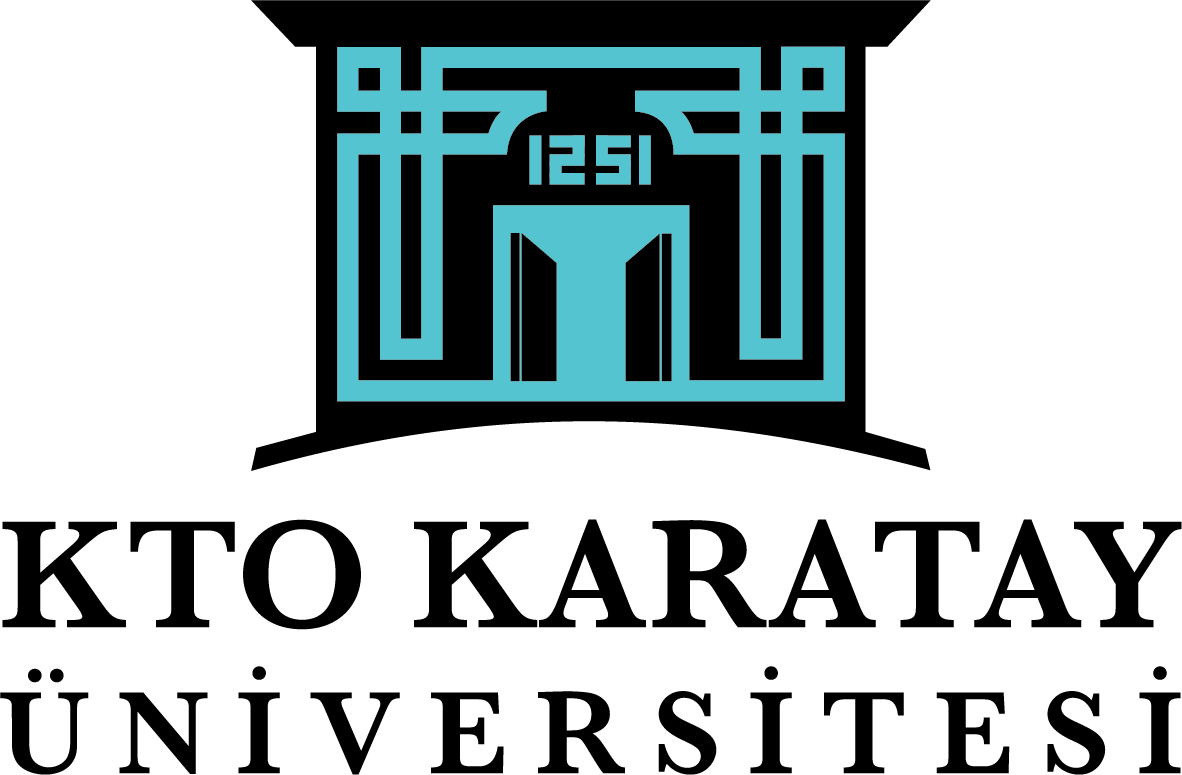| dc.description.abstract | tBackground: mecA is a predefined gene causing methicillin resistance in Staphylococcus aureus (S. aureus)isolates; however, it has been shown that some methicillin-resistant S. aureus (MRSA) strains do notcarry this gene. Recently, in isolates found to be MRSA-positive but mecA-negative, a new resistance gene called mecC, which is a homolog of mecA, has been reported. This study aimed to investigate the mecCand mecA genes in MRSA strains isolated from different geographic regions in Turkey.Methods: The sample of the study consisted of 494 MRSA strains isolated from seven geographical regionsin Turkey between 2013 and 2016. The strains were obtained from 17 centers, comprising 13 university hospitals, three education and research hospitals, and one state hospital. Methicillin resistance in S. aureus strains was determined using the agar disk diffusion method with a cefoxitin disk and the agar dilution method with oxacillin. The mecC and mecA genes in MRSA strains was investigated by Polymerase Chain Reaction (PCR).Results: Of the MRSA strains investigated, 47.9% were isolated from intensive care units. Concerning sam-ple type, 36.7% were detected in the respiratory tract (tracheal aspirate, sputum, etc.), 24.8% in blood,18.7% in skin and soft tissues, 9.3% in nasal swabs, 5.4% in urine, 4.1% in ears, and 1% in sterile body fluid. Using PCR, mecC was not identified in any of the S. aureus strains isolated from different clinical microbiology laboratories. mecA gene positivity was found in 315 of the MRSA strains (63.8%). Staphylococcal Cassette Chromosome mec (SCCmec) type was identified in 232 strains (46.9%), of which 136 (58.7%) weretype II, 75 (32.4%) were type IV, 12 (5.1%) were type IIIb, six (2.5%) were type I, and three (1.3%) were typeIII. | en_US |















